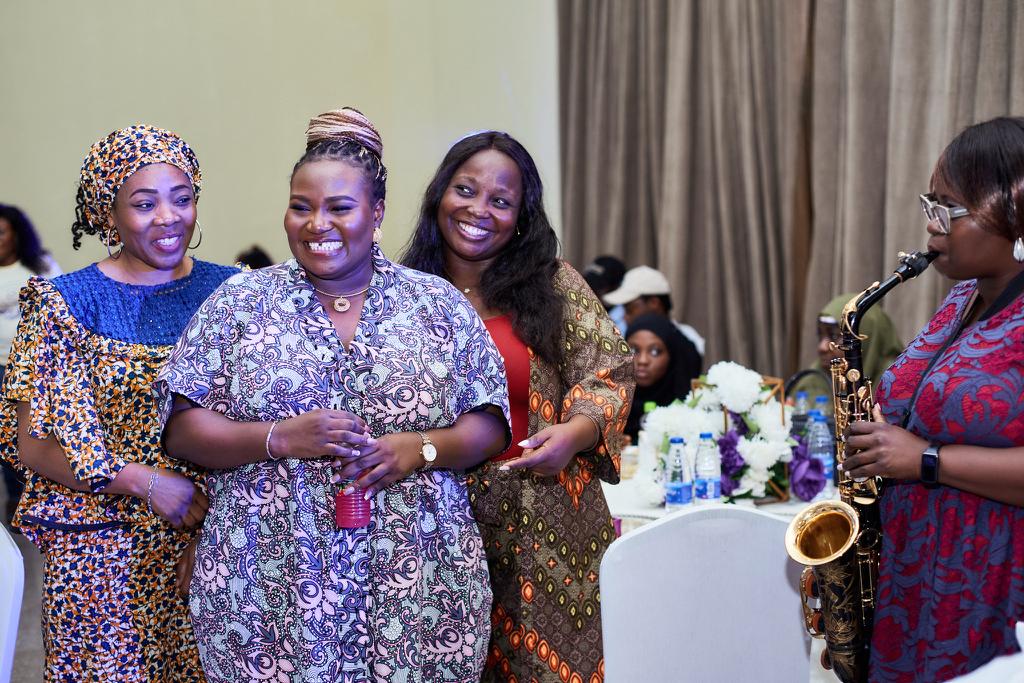
World Mental Health Day: Mental Health Expert Urges Govt To Decriminalize Suicide
As the world marks World Mental Health Day, a mental health expert and the founder of the Mental Health Ditty Foundation, Dr. Adedotun Esan, has appealed to the Federal government to decriminalize suicide and attempted suicide in Nigeria.
She argued that anyone who tries to kill himself needs help, not punishment and should not be put behind bars.
She also called for the integration of mental health services into the nation’s primary healthcare.
According to the World Health Organization (WHO), more than 700 000 people take their own lives every year, and criminalizing suicide only serves to exacerbate people’s distress, while decriminalization of suicide and suicide attempts was a critical step that governments can take in their efforts to prevent suicide.
Speaking at the first edition of the mental health symposium, which was organized by the Ditty Foundation with the theme: “Achieving social inclusion through community kindness”, Esan stated that in Nigeria, attempted suicide is a crime. “If you try to kill yourself in Nigeria, you are going to be jailed for one year.
“We don’t want people to be criminalized for attempted suicide but we need them to get help. In Nigeria, attempted suicide is a crime. If you try to kill yourself in Nigeria, you are going to be jailed for one year.
“One of the things we are driving is to decriminalize suicide attempt and suicide in Nigeria. Anyone that tries to kill himself needs help. So, let us give them help and not put them behind bars because that will cause more problems for them. And as a network, we have that campaign going on now.”
She stressed the need to increase funding for mental health services and ensure its integration into primary health care in order to make the services accessible and affordable to the people.
Esan stated that rendering mental health services required basic psychosocial first aid at the community level and urged the National Primary Health Care Development Agency (NPHCDA) to integrate mental health services into the primary.
He expressed happiness that mental health is becoming a priority for the government stressing that for the first time Nigeria have a mental health act that was assented to by the past president.
According to her: “This is becoming a priority for the government and we hope that this continues because the traction that we are getting now is very good.
“One of the things we are driving is to decriminalize suicide attempted and suicide in Nigeria. Anyone that tries to kill themselves needs help.”
“So let us give them help and not put them behind bars because that will cause more problems for them. And as a network, we have that campaign going on now.
“We don’t want people to be criminalized for attempted suicide but we need them to get help. So government has been supportive and they are doing better and we will hope that they do more”, She said.
On her part, a Consultant Psychiatrist, Dr. Motunrayo Oyelohunnu, lamented that some people have certain biases about those affected by metal health issues and have not been empathetic enough adding that that there are attitudes that people also put forward concerning people that are different from them in different ways.
She said, “Different it may be in the colour of their skin. Where they come from, who they are, their socioeconomic status, maybe their disabilities and so forth. What are some of the barriers at that particular level and then family level, what kinds of conversations that we have in our homes.
Oyelohunnu stressed the need for the government to put in place policies that would foster inclusion to enable people have a sense of belonging in the society irrespective of their mental health status.
“What do we expose our children to? Some of these things can also engender certain barriers and then at society or community level some practices, taboos, traditions, you know, lack of empathy, lack of acceptability and lack of compassion.”
These are some of the things that can bring about barriers and at the government level, either what policies are there, policies in place that foster inclusion, or are they actually barriers?
“So, when we look at maybe the field of disability, you have barriers such as infrastructure barriers, sets infrastructure is not in place to support people with physical disabilities, setting an infrastructure and not favourable for people with other kinds of disabilities? And setting ways that we communicate also may not help people to feel included in the society.”
Adding: “These are some of the basic ones that I can talk about right now. So the way out, again, is to address these issues at the levels individual levels, we need to educate ourselves.
“The fact that somebody does not look like you talk like you have some of the resources you have does not make them less of a human. We have known how to open our hearts and be more empathetic.
“Put yourself in the shoes of those people. Try and imagine what it goes through on a daily basis where you hear certain information, try and confirm it. Read up more.
“Traveling and meeting with people also is a way of breaking down barriers if we must keep it as simple as possible. Where you meet people from different spheres of life, it makes you more inclusive”, She added.






